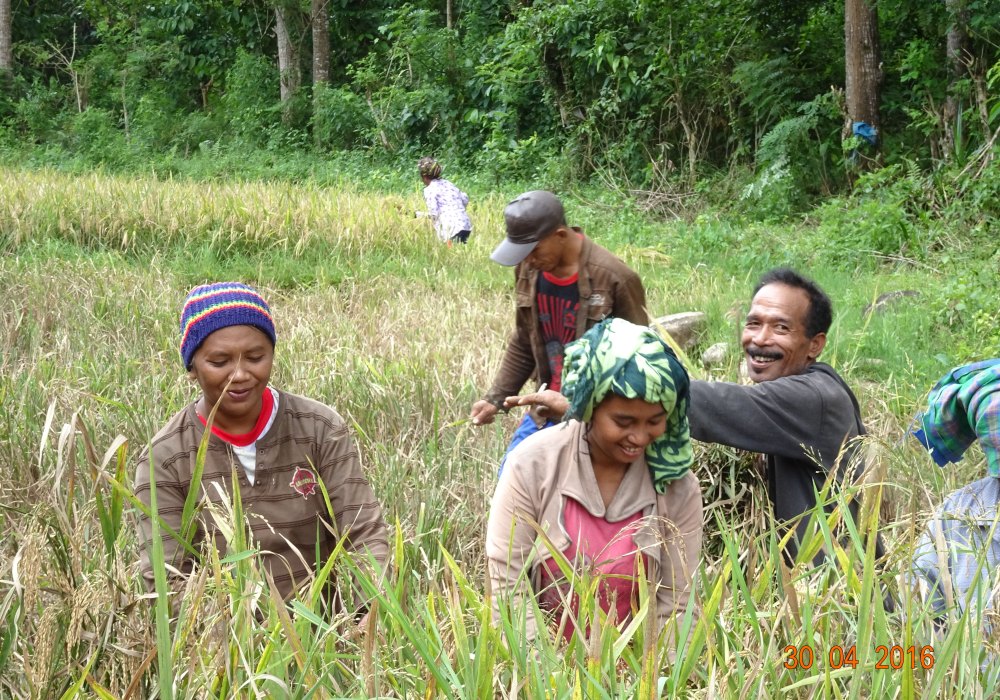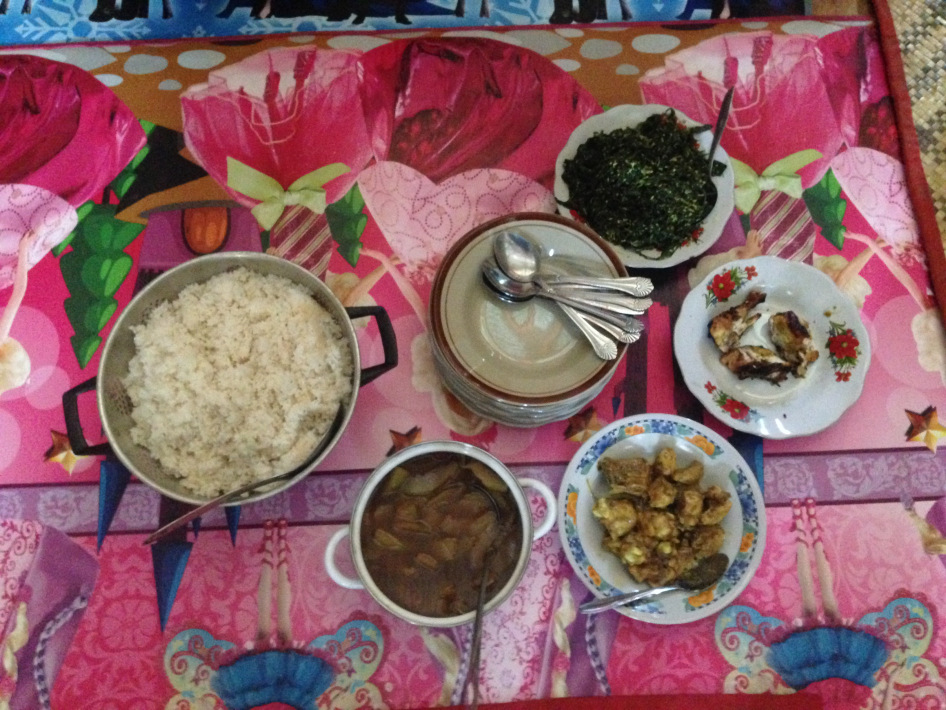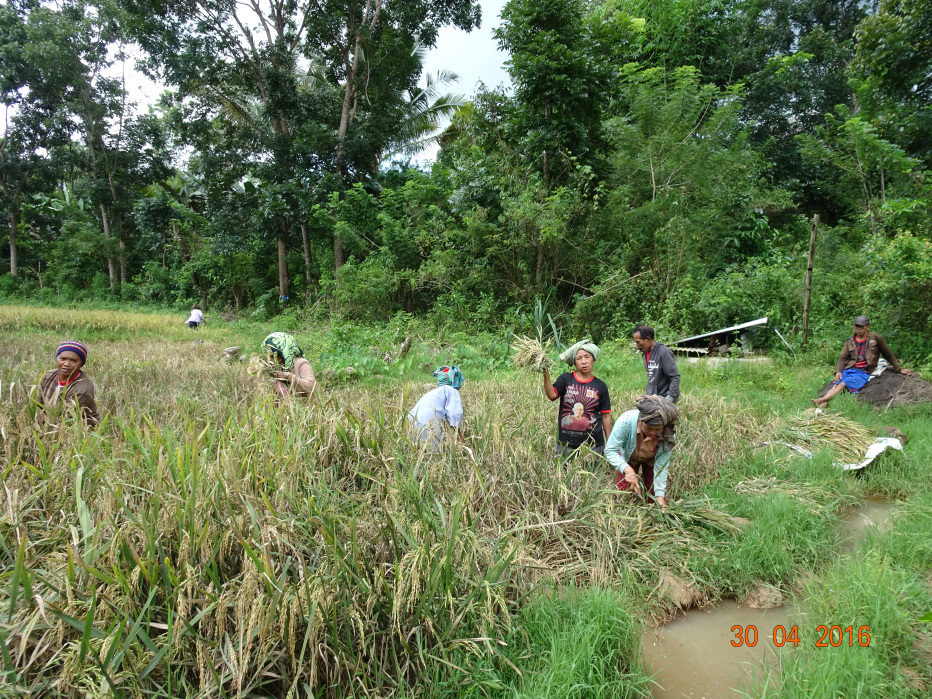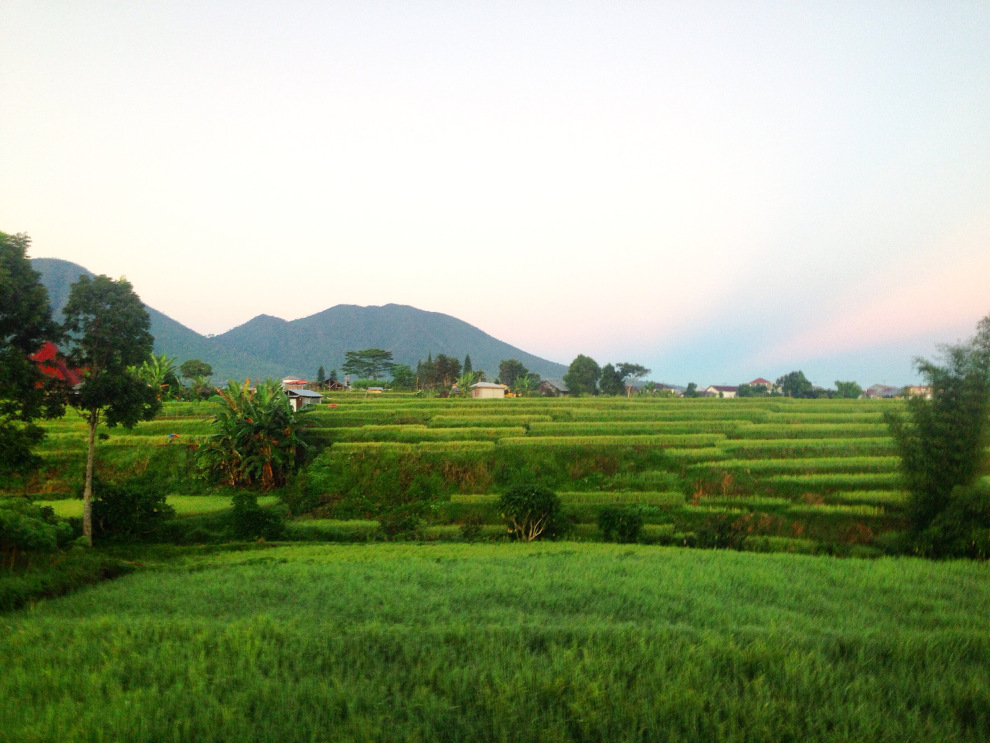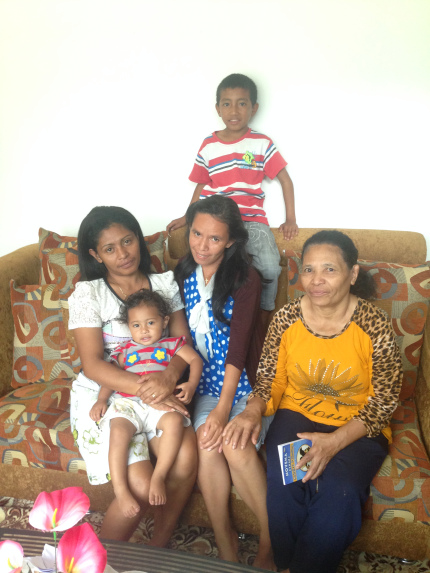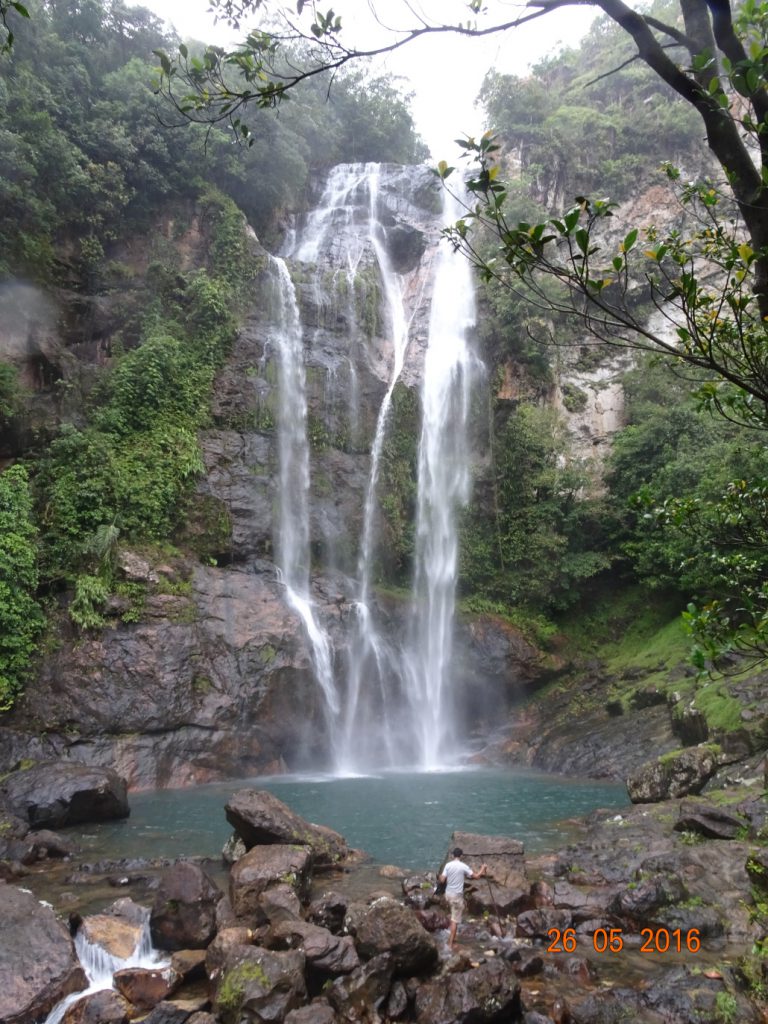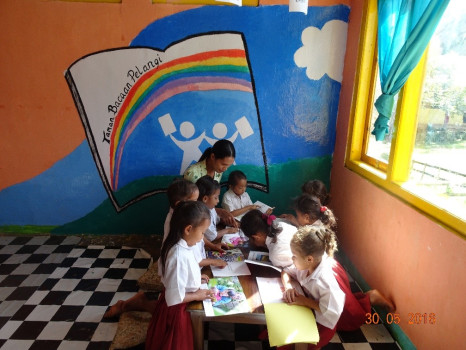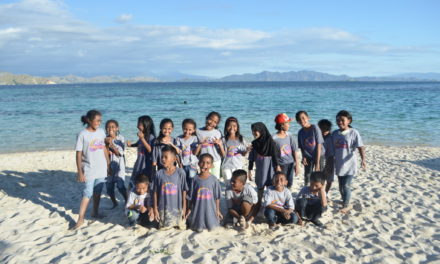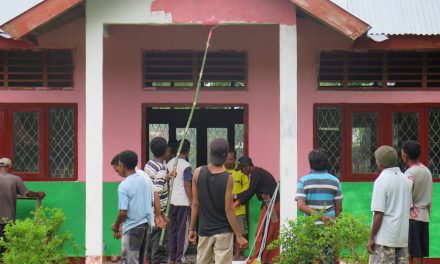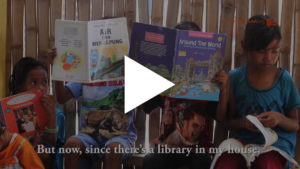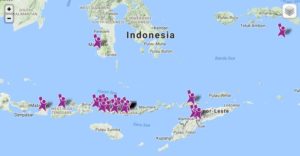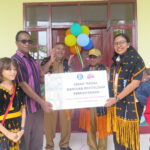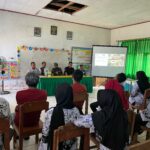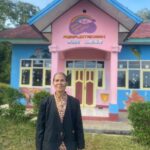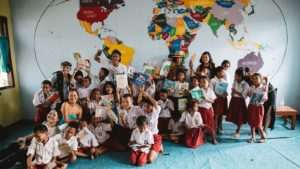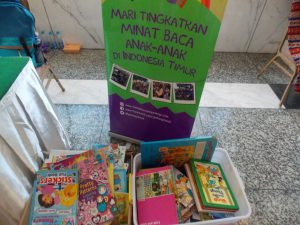I have now been in Kondas for seven weeks and I think it’s time to admit that I have, completely and utterly, embraced my Manggarai self. Seriously.
I haven’t cared this little about how I look, what I wear or how I act since I was in Primary School. Unfortunately, this means that my hair is a rat’s nest (I once left it unwashed for eight days – don’t ask, I’m still feeling disgusted with myself), my eyebrows resemble slugs and my skin is becoming clearer and darker by the minute.
And of course embracing village life means embracing the food. Bowls of nasi, labu siam (a type of marrow) and fried fish three times a day every single day. In fact, although I still dream of bowls of cereal and dahl and rice and freshly baked home-made cinnamon buns just out of the oven, it is astonishing how quickly you can adjust to a completely new life style.
Food plays a huge part in Manggarai life. It isn’t just what they eat but also what takes up most of their working day. Everything comes from the farm: the vegetables are picked just before we cook them, gula merah is made in the neighbour’s house, chillies and onion and all the other spices can be found just outside the kitchen door. The only things families buy are fish and salt in the weekly Tuesday market. They even grow their own rice!
In fact, almost everyone in the village has their own sawar (rice field) and harvests enough twice a year to feed their family year round.
Every four months, the sawar are prepared and planted. This means using buffaloes to turn over the soil and prepare the rows. Four months after the seeds have been planted the padi (rice stalks) are tall enough to be cut. Every day for a month, all the women in the village go into the fields and work together to memotong the padi that is ready.
It’s exhausting work but the atmosphere in the fields is relaxed and jokey. A big urn of coffee and cake sits on one muddy bank. The women move around with ease, hair bundled up in towels to protect from the sun, red beetle-nut stained on their teeth. They’re covered in mud and exhausted but in a few weeks work twice a year they have enough food to feed their families without having to buy extra.
After the padi is harvested, it is taken to a machine to be shredded in to its seeds. These grains are then spread on big tarps outside the houses and dried in the sun for the whole morning. After drying, the grains are carried to a machine behind Jek and Jeffrey’s house to be turned in to beras (rice before cooking). The family charges one kilo of beras per ten kilos that are put through the machine.
People here often complain about how difficult it is to ‘find’ money. In most conversations, they’ll ask what life is like in England and say how poor they are here. How are you meant to explain to someone who has never left their village that there are poor people in England too but that they all live in brick houses and wear shoes? How do you explain that actually the quality of life in the village is, in many ways, better than the one these people might have in a big city?
Living in the village is hard. The people have to search high and low for the kemiri, coklat (cacao) and ndege that they sell. Each kilo of dried vanilla brings in Rp 150,000. Each kilo of cracked kemiri Rp 14,000. For one kilo of kemiri, roughly four hours have been spent finding the seeds and then cracking them open. But at the end of the day, they have enough food to eat, neighbours and friends to talk to at every turn and a life that is completely theirs. They work hard but not in the dreary long lonely difficult hours that they might have to in a city.
But oh, how I miss the city.
Last weekend I went to Ruteng, the capital of Manggerai tengah. I took the bus along the TransFlores with Kak Efin, Bapak Alo’s second daughter to meet his youngest daughter at her university.
The university in Ruteng trains students to become teachers. A big double storeyed building, it looked more like a school than what universities look like in England. But the kos (university accommodation) was exactly like I imagine it to be at uni in the UK. Students everywhere, loud music and endless card games finishing late at night.
In fact, the accommodation at Atik’s university is probably better than what I’ll have in London. She has a huge room and her own bathroom and toilet. Everyone has their small cooking stoves and rice cookers inside their rooms. The corridors outside are lined with shoes and frying fish. And all of this – a room, electricity and water – was just Rp 350,000 a month!
Being back in a city again was so nice. Ruteng is cold, really cold, and walking around and hanging out with families and young people made me feel like I was back in England. The children were so much more worldly, knew so much more English and seemed so much more grown-up than children of the same age in the village. And there was even a huge supermarket with a cosmetics section and Cath Kidston bags displayed on shelves! I stayed two nights at Atik’s kos and then the next nights in Efin’s fiance’s mothers house (imagine a tiny smiley woman who can cook amazing food – I was very happy).
And then I was back home to Kondas, stopping briefly in Roe to meet Lukas and visit Danau Sano Nggoang and Cunca Rami before heading home.
There is nothing like leaving a place to make it feel more like home. I didn’t realise how many people I knew until I was driving along the bumpy road back to my house and waving at everyone I passed. And being back at the library again was wonderful.
The library, spacious and airy, has quickly become one of my favourite places to be. There’s always a cool breeze from the windows and there’s always children sitting on one of the tables, or on cushions on the floor, reading to themselves.
And there’s a new wall mural on the right hand wall.
Our ‘Taman Bacaan Pelangi’ rainbow is by no means a masterpiece – the rainbow started dripping halfway through – but it is undoubtedly a group work (even if most of that time was spent with me giving each child the paintbrush with the right amount of paint and worrying about how it was going to turn out).
Library activities have also been continuing a pace, with even the teachers getting slightly better about coming in the mornings.
And all the children have drawn so much and written book reviews and answered questions about all the books they’re reading.
I have two more weeks in Kondas and I’m already dreading leaving and having to say goodbye. I have met so many amazing people and have already had such an incredible time. Look out for my next post to read all about going home.
Kondas, June 2016
Maleeha
![Taman Bacaan Pelangi [Rainbow Reading Gardens]](/wp-content/uploads/2016/07/logo_taman_bacaan_pelangi_rainbow_reading_gardens_bilingual_d.png)
